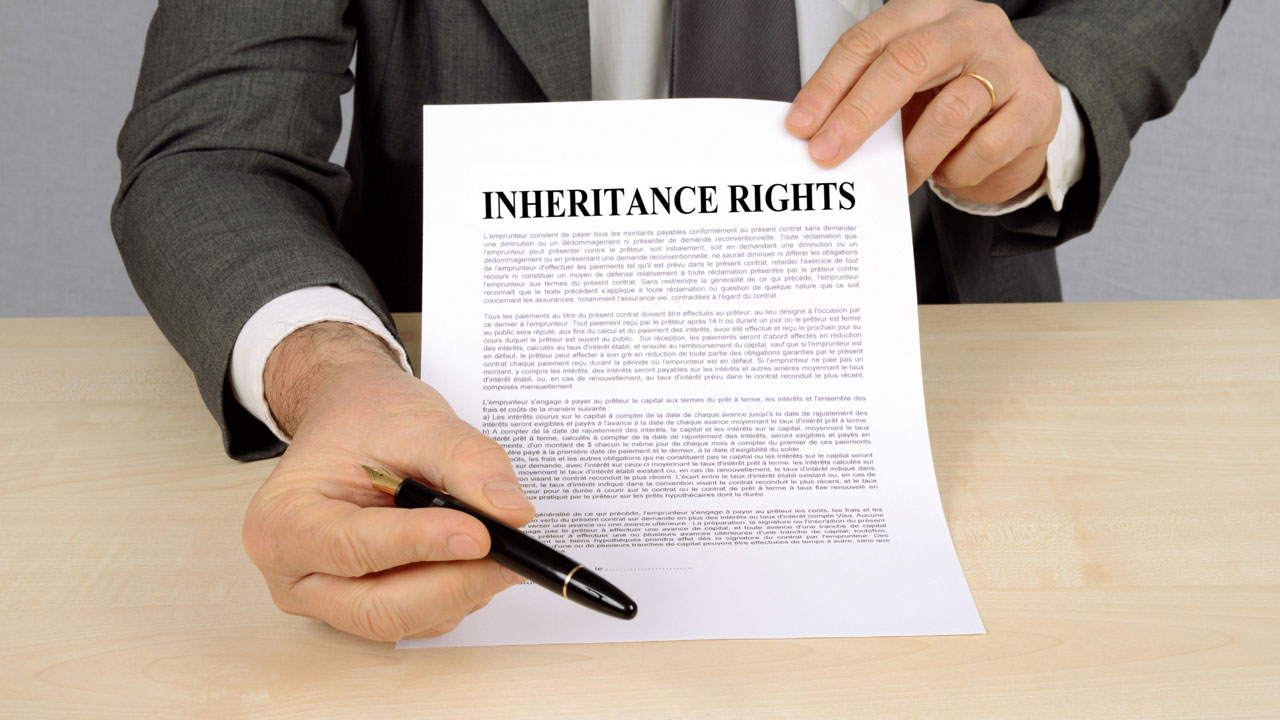Most estate laws are written with married couples in mind. For long-term partners who aren’t married, creating an estate plan requires a bit of creativity and persistence, and they would need the help of an estate planning lawyer. Orange County couples can acquire a plan that works for their unique needs and circumstances.
If you want to have control over what happens to your assets after death, estate planning is essential. A little planning can ensure that your partner will be provided for in the event of your death.
What Rights Do Unmarried Couples Have if One Dies In California?
Many people choose to live with their long-term partners without getting married. However, the laws don’t always take this kind of couple into account.
Unmarried couples don’t have all the same rights as married ones. When it comes to determining next of kin in the case of a medical emergency or even after one person’s death, the law will usually default to the person’s closest living relative, like a parent or sibling.
In California, domestic partnerships have some rights, including the right to community property after a partner’s death. Community property is any property purchased during the partnership. It’s important to note that a state-registered domestic partnership is not recognized federally, or in other states.
Ultimately, unmarried couples do not have the same protections or rights as married couples, or even couples in a domestic partnership. However, you can use paperwork to establish protections for your partner even outside the marriage.
Can an Unmarried Partner Inherit?
Estate planning is a valuable tool that allows you to make very specific plans for what happens after your death. You can outline a burial plan, set aside specific property for different loved ones, and even set up charitable donations.
If you have your partner listed in your will or trust as a beneficiary, then that person is legally entitled to whatever assets you want to leave them. That means it’s completely possible to set up your unmarried partner to acquire property, cash, and other assets.
In order for unmarried partners to access this inheritance, you’ll need to set up paperwork that establishes that person as your beneficiary. There are a few options for doing so—you can use a will and trust to make sure your wishes are carried out and that your partner is cared for.
What Happens to Someone’s Assets if there is no Will?
A will is the chief legal document used to express a person’s final wishes, including the distribution of their assets. It’s also where you can designate a guardian for any children you have in case both you and your spouse are unable to care for them.
When a person dies without a will, they are considered intestate. That means that instead of the legal system using their will and other estate planning documents to determine how to distribute property and assets, the entire estate will go to probate.
In probate court, they will use succession laws to determine how to properly distribute the person’s assets. These laws prioritize close relatives such as spouses, parents, and children. If there are assets left over, they’ll contact more distant relatives, like aunts, uncles, and cousins.
Some states allow long-term cohabitating partners to claim common-law marriage status, but California isn’t one of them. That means that a partner who isn’t a spouse isn’t legally entitled to any assets if there is no will or trust in place.
How Can You Include Your Partner in Estate Planning?
If you want to include your partner in your estate plan, you’ll need to be very deliberate about how you do so. Legal documents cater to married couples and biological families, so non-traditional partnerships will need to do a bit of extra paperwork.
Creating a will is an excellent first step in your estate planning journey. It is the blueprint for the rest of your plan, and you can include specific instructions about the distribution of property, your final wishes, and much more. You can mention your partner here and outline the assets you want to leave to them.
However, not all wills are created equal. There are plenty of free resources available to help you create a will, but none of them can offer personalized legal advice or help with legal phrasing. Without an attorney consultation, you could end up with a will that is considered legally invalid, or be left vulnerable if someone contests it.
Trusts are another option for unmarried couples. Revocable trusts are particularly relevant to couples because they can be altered at any time. You can adjust the terms, assets included, and even the beneficiaries whenever you need to.
To establish a trust according to tax and property laws where you live, you'll need help from your will attorney. Orange County couples can finalize their trust seamlessly.
Setting up a trust that designates your partner as the beneficiary allows for a smooth transition of your assets to that person if you are incapacitated or have passed away. That way, they can pay off bills, settle debts, and take care of other practical needs.
Health Care Considerations
Aside from financial protections, you may be wondering how to ensure that your partner gets to make important health decisions on your behalf.
Advanced health care directives are another important part of estate planning. Your directives will establish whether or not you want to be resuscitated if you want to be put on a ventilator, and other wishes for emergency and end-of-life care.
For further healthcare decisions, you can establish a power of attorney (POA). This person can make major decisions in case you are ever incapacitated. There are several types of power of attorney, including financial, medical, and general.
Having a power of attorney can make a huge difference if you are ever unable to pay your bills or choose healthcare procedures on your own. Instead, you can rely on a person you trust—like your partner—to make decisions with your best interest in mind.
Without a POA, you would have to rely on a court-appointed guardian or a surrogate determined by local law to make those decisions instead.
An estate planning attorney in Orange County can provide helpful insight on the best ways to incorporate your partner into your estate plan. Even without marriage, you can ensure that your loved one will be protected and provided for in the event of your death.
For a consultation on how best to proceed in your specific circumstances, contact our team at McKenzie Legal & Financial today!











